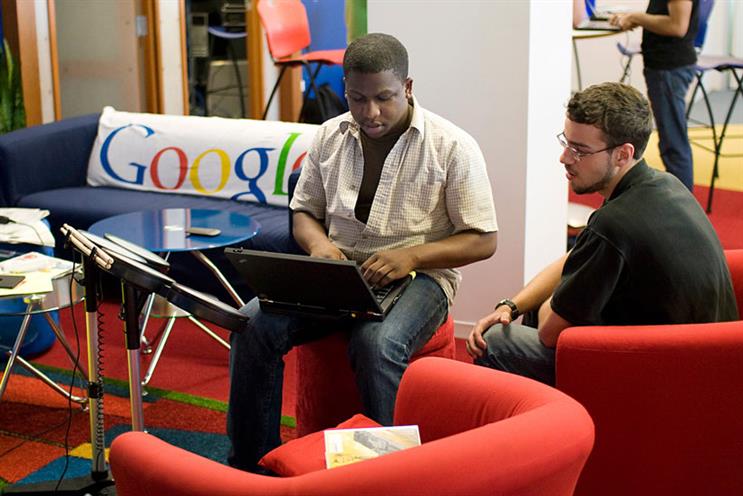
In the dead of night (UK time) one of the biggest news stories in advertising slipped out into the blogosphere.
‘G is for Google’ announced some pretty significant changes down at Google HQ. The creation of a new corporate structure called Aphabet, that now houses Google as just one of a number of businesses, has taken with it the founders of the behemoth that is Google as well as some other luminaries.
When you consider the heat that went with the appointment of a new Microsoft chief executive, and all the column inches associated with the departure of Steve Ballmer and the promotion of Satya Nadella, it is remarkable that Google just appointed a new chief executive for Google, a $450+ billion company, and announced it through a blog post.
Google is not a conventional company. We do not intend to become one
This approach, and the very fact they have created this structure, shows that Google is desperate not to become Microsoft. There was already some commentary floating that Google was becoming a little too like Microsoft as it grew and grew and was slowing in terms of innovation and ability to make smart bets.
So, in part, the opening comment on Larry Page’s blog that says we "wrote in the original founders letter 11 years ago, Google is not a conventional company. We do not intend to become one" is a warning shot to announce their intention to continue evolving.
I would suggest that most of this is about corporate and financial motivations and has little impact on the advertising community. I do think however, that we can look forward to a more simplified mission with regards to Google.
When we talk about working with Google, it now clearly means search, video, maps and all things connected to their advertising business. The new chief executive, Sundar Pichai, can be singular in his ambitions to grow and innovate without distractions and this can only be a good thing for the business and for their largest advertisers. It is also reassuring that things will not go the way of Microsoft albeit it from a different angle; they gave up advertising for software.
With these changes it is clear that Google is not going to be distracted on its advertising offerings by saving the world or allowing us to email and drive simultaneously.
YouTube could have spun off into the Alphabet organisation such is its size, but I think they did well to keep that under Google. Video is now an integral part of the media landscape and needs to be intrinsically linked to all the other Google offerings.
The announcement earlier this week, that YouTube inventory will no longer be available on the open exchanges, re-enforces Google’s commitment to dominate the video space as it did with Search. It sent a strong message to all third party video companies that the doors are now closed for direct business only, a trend we are only going to see get stronger.
Both Sergey Brin and Larry Page are engineers. They like to build things and the creation of Alphabet is an affirmation of their desire to continue to do so. The new pared-down Google will come out of it stronger and more powerful. Watch this space.
Marco Bertozzi is the president, global clients of Vivaki
This article was first published on www.campaignlive.co.uk


.jpg)


.jpg)